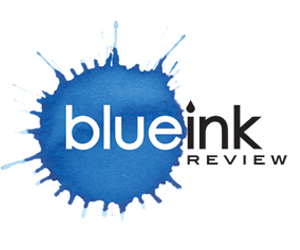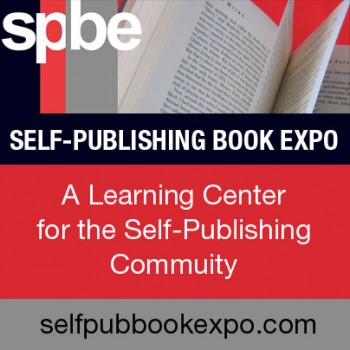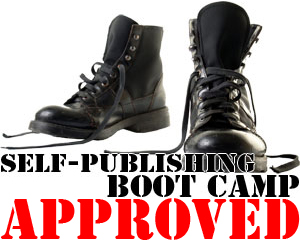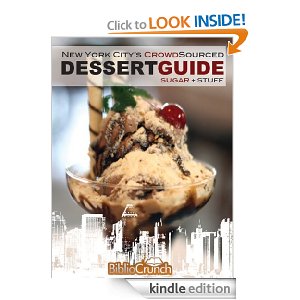You’ve finished your manuscript and the next step is professional editing. But choosing the kind of editing you need can be frustrating because of the inconsistent usage of the terms used to describe types of editing.
The reason? Before self-publishing exploded, editors were generally trained by publishers, and different types of publishers use slightly different terminology (and references and methodology). Publishers evaluated the amount of editing a manuscript needed before accepting it for publication.

But, despite all the variations in terms, what you really need to know as an author isn’t complicated. When you get to the basics, there are only two aspects of editing; everything else is about how you mix the two bits:
-
Working with the content of the writing (substantive editing)
-
Working with the form of the writing (mechanical editing)
Substantive editing can encompass a broad array of writing issues, both micro, down to the level of word choices, and macro, up to the level of the organizational structure of the book. It may not include proofreading, as subsequent revisions will require additional proofing.
Substantive editing in which there’s very little emphasis on the details of punctuation and the like is called developmental editing, which is more fully described in a post on the PBS Media Shift blog, “The Real Costs of Self-Publishing a Book.” In traditional publishing, developmental editors were hired for nonfiction books if the publisher saw merit in the subject covered, but the manuscript needed significant reshaping in order to have a chance at profitability. If you’ve written a first draft, and not been a participant in either a critique group or a formal writing program, you may need a developmental edit.
Mechanical editing requires intense concentration and the ability to spot problems with punctuation, spelling, usage, grammar, and a disturbing emotional investment in the placement of commas. If this is the only editing done, it’s called proofreading. Don’t use solely a proofreader unless you are completely sure you do not need any additional editing. If you’ve used an editor for other types of editing and you revise accordingly, hire a separate individual proofreader as a final step.
Most authors will need something in-between the two extremes: some mix of mechanical and substantive editing. If there are any factual assertions in a novel or the manuscript is nonfiction, an author may also want fact-checking to ensure accuracy. This service may or may not be included in any substantive editing; it can definitely affect the cost of the service.
It’s this mix that makes it difficult to come up with terminology that covers the possible combinations. The most common term used is copyediting. The copyediting and its associated rates may be further broken down into categories (if not, then it’s usually going to be mostly mechanical editing):
-
Basic copyediting: Generally more mechanical editing than substantive editing.
-
Line editing: Generally more substantive editing than mechanical editing. Sometimes used as a synonym for copyediting as a whole or substantive editing.
-
Heavy copyediting: Used to describe manuscripts requiring a good deal of both substantive and mechanical editing, but not quite to the point of developmental editing.
It is not always the case, but many services that charge a very low per-word count are going to return a lightly copyedited manuscript regardless of what the manuscript really needs.
So what do you do with all the other terms? Here are the most common variations with notes on usage:
-
Anthology editing: Refers to the type of work being edited, not the kind of editing. Can be anywhere on the spectrum.
-
Content editing: Usually synonymous with developmental editing, but can be used to mean any kind of substantive editing.
-
Manuscript critique (or manuscript review): Usually substantive editing only, but not necessarily the same degree of analysis found in developmental editing. Also used as a synonym for copyediting or manuscript evaluation.
-
Structural editing: Can be synonymous with developmental editing or heavy copyediting.
-
Technical editing: Refers to the type of work being edited (technical writing), not the kind of editing. Can be anywhere on the spectrum.
-
Website copyediting: Refers to the type of work being edited (web-based materials), not the kind of editing. Can be anywhere on the spectrum, but is generally more expensive because the editor must pay attention to coding for the Internet.
Alternatively, you can pay someone a relatively small fee for a manuscript evaluation and not worry about figuring it all this out. This service is an overall assessment of the manuscript which is often the initial stage of a developmental edit. It may be a marketability analysis, a review of what needs to be done in terms of editing, or a customized evaluation to address whatever you are concerned with. A manuscript evaluation can be a relatively inexpensive investment, making it more likely that you will get the editing service than you need.
Bottom line: Get a clear explanation from any editor of what tasks are included in the service and ask for a sample of the proposed work before committing to a contract to avoid confusion and additional expense.
Check out Jodi McMaster’s BiblioCrunch profile.
—————–
About Jodi McMaster

Jodi G. McMaster is an editor and author with over twenty years of experience. She worked with hundreds of writers in her 15 years teaching at a community college. McMaster has worked as a freelance editor for subsidiaries of Thomson Reuters and Pearson and served on multiple editorial boards. She has been published in diverse publications, including American Heritage, Texas Lawyer, and cc&d, and worked as a senior copy editor at DailySource. McMaster is a member of the National Association of Independent Writers and Editors and the Editorial Freelancers Association, as well as an affiliate of Amherst Writers and Artists.







Follow Us!